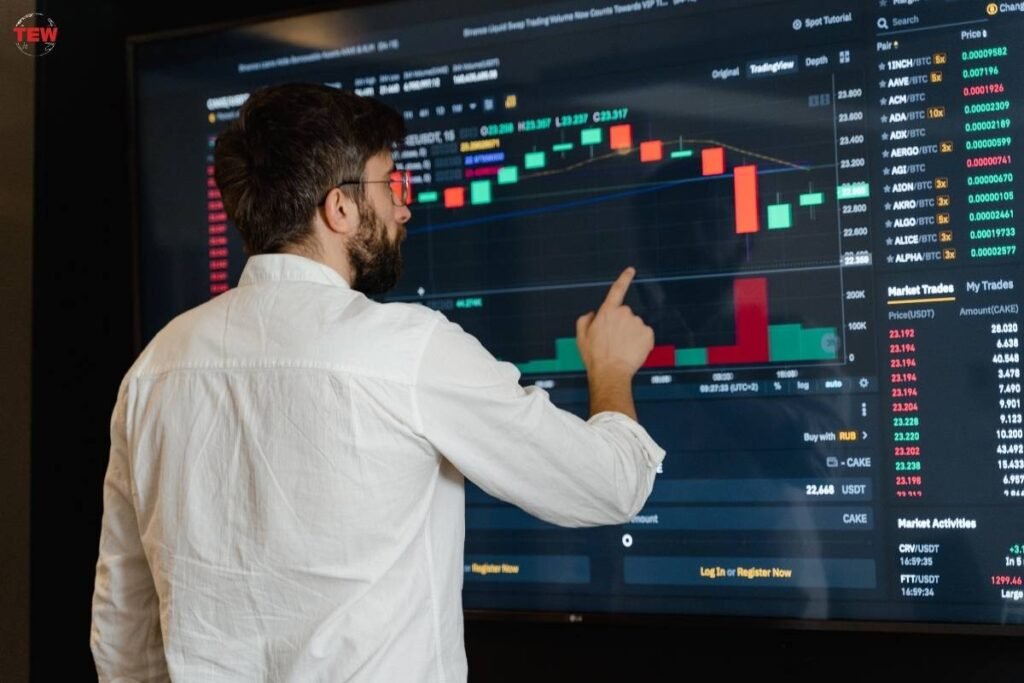The secret to success in trading is that it’s mostly mindset, not skill. Your mental approach to investing can guide you to effective decisions or lead to costly mistakes.
Psychological resilience is therefore vital to putting together and managing a successful investment portfolio. Here’s how to develop a stable mindset for trading that will keep you cool, calm and collected in the turbulent environment for success in trading.
Setting goals and creating plans for success in trading
Before you start building your investment portfolio, take time to set out your goals. This provides a clear direction and purpose for all of your trading decisions, helping you to stay disciplined in challenging times.

Think about your short-term and long-term targets, ensuring that they are realistically attainable. Each goal should be specific, easy to track, and have a clear timeline.
You can then create plans with a view to achieving these goals. Consider the risks and rewards of different types of stocks and shares and how much money you can reasonably invest. Safeguards such as stop loss limits will help to ensure that you stay well within your means.
Emotional discipline in decision-making

The stock market can be chaotic. It’s a fast-paced world with international events and trading trends causing sudden spikes and falls. This unpredictability can fuel emotions such as fear or greed that encourage irrational investing.
Emotional discipline is essential to safeguarding you against poor decision-making. Staying patient in the face of fluctuating rates and sticking to your guns rather than jumping on the bandwagon means a better chance of avoiding high-risk situations.
Managing your mental wellbeing
The ups and downs of trading are inevitable, but situations where you feel out of control can quickly become stressful. Prolonged periods of stress can lead to disconnection, freeze, and even burnout.
Managing your mental wellbeing is key to staying stress-free. Sufficient sleep, regularly exercise, and a nutrient-rich diet are the major pillars of positive mental health. Practicing mindfulness is another useful tool: this includes activities such as yoga, meditation, exploring nature, and journalling.
Having clear visibility of your portfolio and a consistent routine will also help you to feel in control. You could use a trading platform to collate your investments together, and download a trading app for access to your portfolio on the go.
Continuous learning and research

Lastly, and perhaps most importantly, is to practice continuous learning and research regarding trading. Gathering a thorough understanding of the stock market, the latest trends to follow for success in trading, and different strategies will ensure you make well-informed decisions with where and when to invest.
Knowledge will also prevent you from falling into the trap of common trading mistakes, such as confirmation bias where you look for trends you expect rather than reading the data.


















